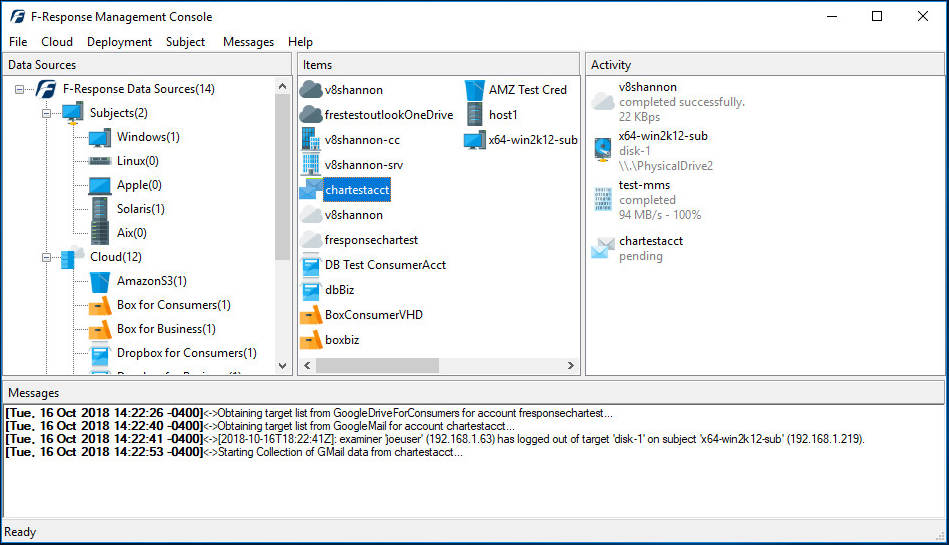Solaris Version Check
Solaris is all of them: both a Unix compliant OS and an OS based on the SunOS kernel. One of these might give you a precise answer depending on the Unix or Linux implementation: cat /etc/release # SVR4, Solaris cat /etc/redhat-release cat /etc/.elease cat /etc/lsb-release oslevel -r # AIX systemprofiler -detailLevel -2 # Mac OS/X. Solaris 10 server. I need to determine if the server is Solaris 10 Update 9 or greater. Can someone interpret the version strings below? What part of those strings identifies the update that has, o.
Text message pictures from computer. Someone tried to send me about 6 photos in a message over a period of time.
I want to know, how can we check in the bashrc file, what operating system is it?
bmargulies3 Answers
Basile StarynkevitchBasile StarynkevitchThere is no portable way to know what Operating System is running.
Depending on the OS, uname -s will tell you what kernel you are running but not necessarily what OS.
Moreover, it cannot be SunOS or Unix or Solaris. Solaris is all of them: both a Unix compliant OS and an OS based on the SunOS kernel.
One of these might give you a precise answer depending on the Unix or Linux implementation:
jlliagre jlliagre
jlliagreSolaris Version Command
Not the answer you're looking for? Browse other questions tagged bashunixsunos or ask your own question.
How to Determine the Installed Solaris OS Release
The most reliable method for determining the release of the Solaris OS installed is through the contents of the /etc/release file. This file was first introduced in Solaris 2.5.1 HW 4/97 and is included in all subsequent versions. The various tables shown below can be used to map the contents of this file to the release of the Solaris OS installed.
If the /etc/release file has been deleted from a system it is also possible up to Solaris 10 to use the version of the SUNWsolnm package installed to determine the Solaris OS release. The pkginfo command, with the -l option, will return the version of the SUNWsolnm package which can then be looked up in the tables below.
For example:

NOTE: Installing a Solaris 10 Update Patch Bundle to a system will update /etc/release file, but the SUNWsolnm package version will not change, ie.
Here we see /etc/release contains the original information for Solaris 10 5/08 (Update 5) as shown in the table below, with an additional two lines (a Patch Bundle identification line preceded by a blank line) appended by the Patch Bundle. So, in this example, the system was initially provisioned with the Solaris 10 5/08 (Update 5) operating system, and the Solaris 10 10/09 Patch Bundle has been installed subsequently. In the case a system has multiple Solaris 10 Update Patch Bundles installed, the /etc/release file will contain only a single Patch Bundle identification line, and this will corresponds to the newest Patch Bundle installed on the system.
Since Solaris 11 use the pkg command to get details of the package “entire“:
Here we see Solaris version 11 Update 3 with SRU 19 installed.
The Solaris JumpStart Software Server Image
Sun Solaris Version Check
To determine the release of Solaris OS contained in a Solaris JumpStart software server image use the copy of the etc/release file included in that image. This can be found within the Solaris JumpStart server image, i.e.,
Solaris Patch Version Check
where [imagedir] should be replaced by the absolute path of the image directory and [n] should be replaced by the version of Solaris.
Solaris Version Check
For example: